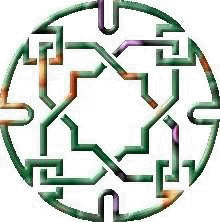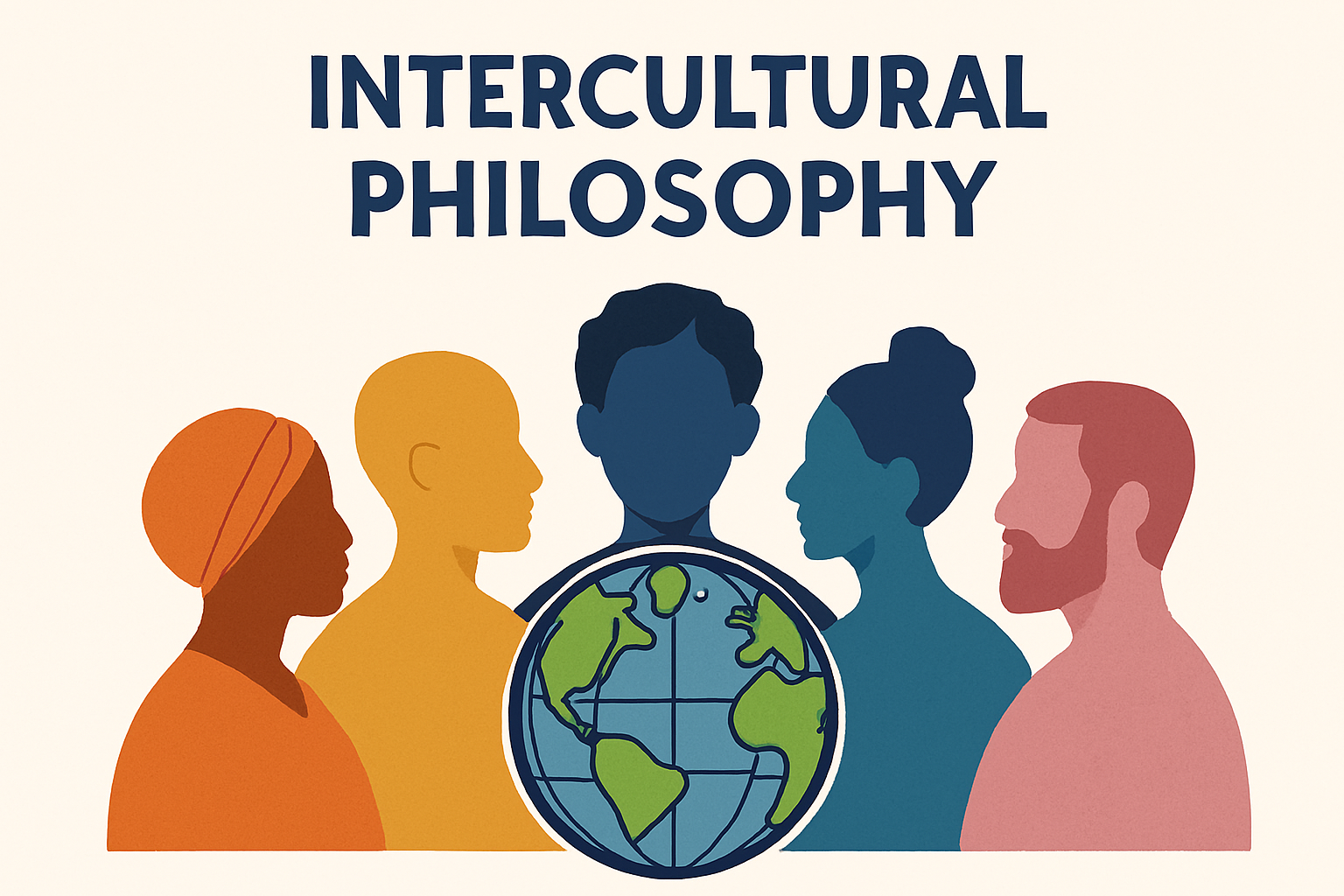

| Major World Philosophies |
| Philosophy in Major Culrures |
| World Philosophiccal Discourse |


Raúl Fornet-Betancourt
We start our discussion from a concept of intercultural philosophy that underlines the programmatic perspective of promoting, through open dialogue (and on equal material and theoretical terms!) between different cultural traditions, a radical transformation of the way of thinking, knowing and naming – in short, of articulating - and of generating more knowledge and communicating or transmitting that corpus of knowledge which we usually call ‘philosophy’. We understand that such a programme, aimed at the transformation of philosophy, is greatly dependent on a growing awareness of the epistemological consequences of the as yet inconclusive history of Western colonialism. In other words, it is a programmatic view of intercultural dialogue not presented within an abstract framework void of historical memory but rather stemming from the reminiscences of cultures whose cognitive dignity has been hurt. The aim of this approach is to incorporate into today’s philosophical debate the task of transforming philosophy, but in the radical sense of a transformation whose renewing dynamics also encompass the traditions that have so far been accumulated (and endorsed as classical!) under the pressure of Western thought’s overweight.
In other words, the programmatic perspective shared by the movement of inter- cultural philosophy aims not only at ensuring the inclusion of so far largely ignored cultural traditions or at their recognition by Western-made philosophy, because it is not its sole purpose to add to the ‘treasure’ of the traditions transmitted over time as a paradigmatic line defining what should or should not be accepted under the heading of philosophy. The perspective of a transformation of intercultural philosophy takes us further than that. Its first and foremost challenge is to achieve that any tradition accepted as philosophy as a result of inter-traditional and intercultural dialogue be actually recognized as a ‘treasure’ in its own right. For this to become reality, the discipline we call ‘philosophy’ will have to be renamed and redefined through collaboration amongst all the world’s cultural traditions.
Intercultural philosophy therefore wants to initiate a process of exchange that brings together widely varying philosophical experiences and recognizes them as legitimate references for the naming of philosophy.
As envisaged above, intercultural philosophy should therefore also be a dialogue that leaves behind any persistent prejudice against other ways of thinking and knowing that are now excluded from philosophy for supposedly being ‘irrational’, ‘mythological’ or ‘religious’.
In line with this, intercultural philosophy as a movement wants to stop the current process of generating philosophical knowledge from failing to benefit from alternative philosophical experiences. A respectful approach of the knowledge of all cultural traditions is key to bringing about a radical transformation of philosophy for the following two reasons.
One reason is that this will allow philosophy to benefit from all human cognitive experience, and not only from part of it; the other is that it will allow philosophers, both men and women, to finally erase a hateful self-image that calls to mind ancient (and modern!) colonial governors residing in Algeria, India or Peru but culturally living in their respective metropolises. Intercultural philosophy advocates a way of philosophy that is practiced in and from a great number of places worldwide and that hence considers unauthentic any way of thinking that is out of context and would rather repeat ideas because they fit in well for being an expression of a particular reality. (Intercultural Philosophy from a Latin American Perspective, p. 149-151)
Reference:
Fornet-Betancourt, Raúl. 2009."Intercultural Philosophy from a Latin American Perspective", in Note, Nicole; Fornet-Betancout; Raúl, Estermann; Josef and Aerts, Diederik (eds.), Worldviews and Cultures - Philosophical Reflections from an Intercultural Perspective, Springer. p. 149-161.